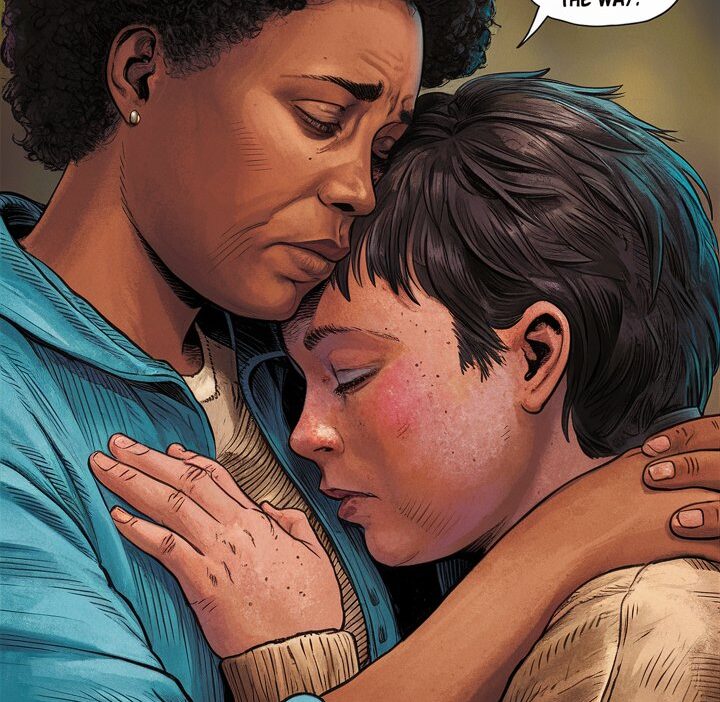Losing a mother is one of life’s deepest pains. The void left behind can feel overwhelming, and as a friend or loved one, you might struggle with what to say to someone who lost their mother. Words can feel inadequate, but they can also bring comfort when chosen thoughtfully.
This guide offers practical, heartfelt ways to support someone grieving, with examples of what to say—and what to avoid. Whether you’re offering condolences in person, over text, or in a card, your words can show love and care during their darkest moments.
Let’s explore how to navigate this sensitive topic with kindness and empathy.
Why Words Matter in Grief
When someone loses their mother, they’re often in a fog of emotions. Your words can either soothe or unintentionally hurt, depending on how they’re received. Offering genuine, heartfelt support shows you’re there for them. For example, Sarah’s friend lost her mom and felt isolated until a coworker said, “I’m here if you want to talk about her.” This opened the door to healing.
What to say: “I’m so sorry for your loss. I’m here to listen whenever you need me.”
What not to say: “She’s in a better place.” (This might dismiss their pain.)
Acknowledge Their Loss Directly
It’s tempting to avoid mentioning the loss, but acknowledging it shows you care. Directly addressing their grief validates their feelings. Imagine John, whose mom passed away. His neighbor said, “I heard about your mom. I’m so sorry.” This simple gesture made John feel seen.
What to say: “I can’t imagine how hard this is. Your mom was so special.”
What not to say: “You’ll get over it with time.” (This can feel dismissive.)
Offer Specific Support
General offers like “Let me know if you need anything” can feel vague. Instead, offer specific help tailored to their needs. For instance, when Maria’s mom died, her friend brought over a meal and said, “I’ll check in next week too.” This gave Maria one less thing to worry about.
What to say: “Can I bring you dinner this week? Or maybe we can go for a walk?”
What not to say: “Call me if you need me.” (It puts the burden on them.)
Share a Memory of Their Mother
Sharing a positive memory can honor their mom’s life and bring comfort. Memories keep their loved one’s spirit alive. When Tom’s mom passed, his cousin said, “I’ll never forget her amazing apple pie.” It made Tom smile, remembering her warmth.
What to say: “Your mom’s laugh was so contagious. I loved her stories.”
What not to say: “At least you had her for a long time.” (This minimizes their grief.)
Be There for the Long Haul
Grief doesn’t end after the funeral. Checking in weeks or months later shows lasting support. For example, Lisa’s mom died, and months later, her friend texted, “Thinking of you today. How are you holding up?” It meant the world.
What to say: “I was thinking of your mom today. Want to grab coffee?”
What not to say: “You seem fine now.” (Grief can linger invisibly.)
Respect Their Grieving Process
Everyone grieves differently. Some want to talk, others need space. Respect their unique process without judgment. When Alex’s mom passed, his friend said, “Take all the time you need. I’m here.” This gave Alex freedom to mourn his way.
What to say: “There’s no right way to grieve. I’m here however you need me.”
What not to say: “You should be moving on by now.” (This pressures them.)
Final Thoughts
Knowing what to say to someone who lost their mother can feel daunting, but your effort matters. Simple, heartfelt words, specific offers of help, and ongoing support can make a big difference.
By acknowledging their loss, sharing memories, and respecting their grief, you show you care. Grief is a long journey, so keep checking in. Your kindness can be a light in their darkness, helping them feel less alone.




